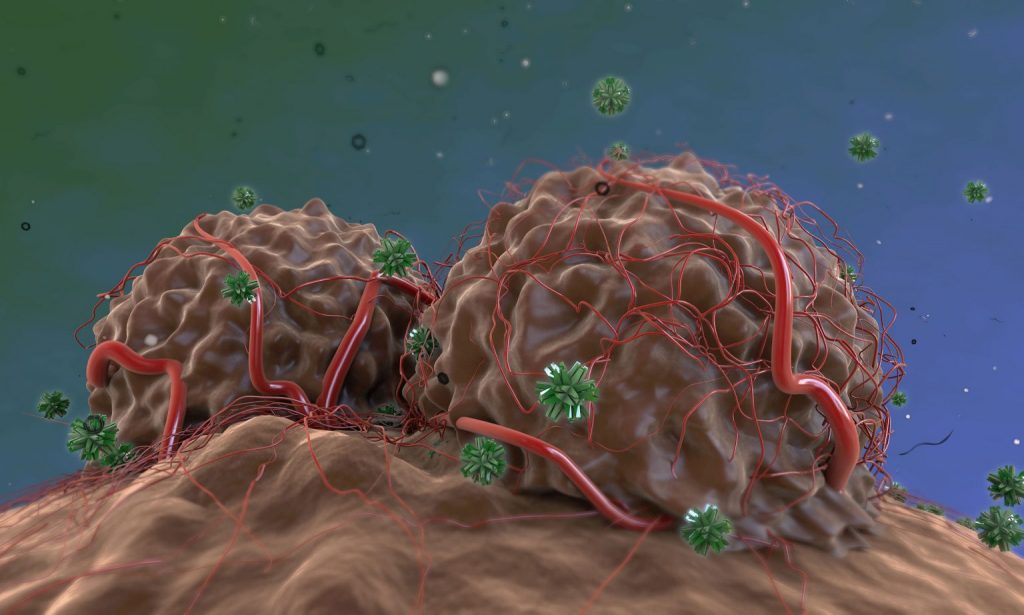In patients with triple negative breast cancer, a noadjuvant therapy where the anti-Pd-L1 antibody atezolizumab was added to chemotherapy did not significantly increase the rate of pathological complete remission, defined as absence of residual invasive pathology in breast and lymph nodes, as shown by new data from the NeoTRIP trial of Michelangelo Foundation recently published on Annals of Oncology, the most significant factor influencing rate of pathological complete remission being the presence of PD-L1 expression.
The NeoTRIP trial promoted by Michelangelo’s Foundation is a phase III clinical trial to evaluate the effects of neoadjuvant therapy with an antibody against PDL-1 in patients with locally advanced triple-negative breast cancer undergoing treatment with nab-paclitaxel and carboplatin. High risk triple negative breast cancer is characterized by poor prognosis, rapid progression to metastatic stage and onset of resistance to chemotherapy, where PD-L1 expression is an adaptive mechanism of tumor resistance to tumor infiltrating lymphocytes, which in turn are needed for response to chemotherapy. New data has been obtained on 288 patients randomized to neoadjuvant chemotherapy with or without atezolizumab for 8 cycles before surgery, to compare event-free survival and the rate of pathological complete response. Results show that, beside treatment-related adverse events similar for both study arms, the addition of atezolizumab did not improve the antitumour activity of chemotherapy measured as clinical response and as pathological complete response rate (Secondary endpoint of the study). While follow-up for the event-free survival (primary endpoint of the study) is ongoing, analyses to date show that the presence of PD-L1 expression was the most significant factor influencing the rate of pathological complete remission; the analysis and molecular characterization of the vast collection of tumor and blood specimens in neoTRIP is ongoing and will provide an additional contribution to understand and evaluate the use of immune checkpoint inhibitors in triple negative breast cancer.
